Home>Interior Design>Common Bathtub Materials And Their Pros And Cons
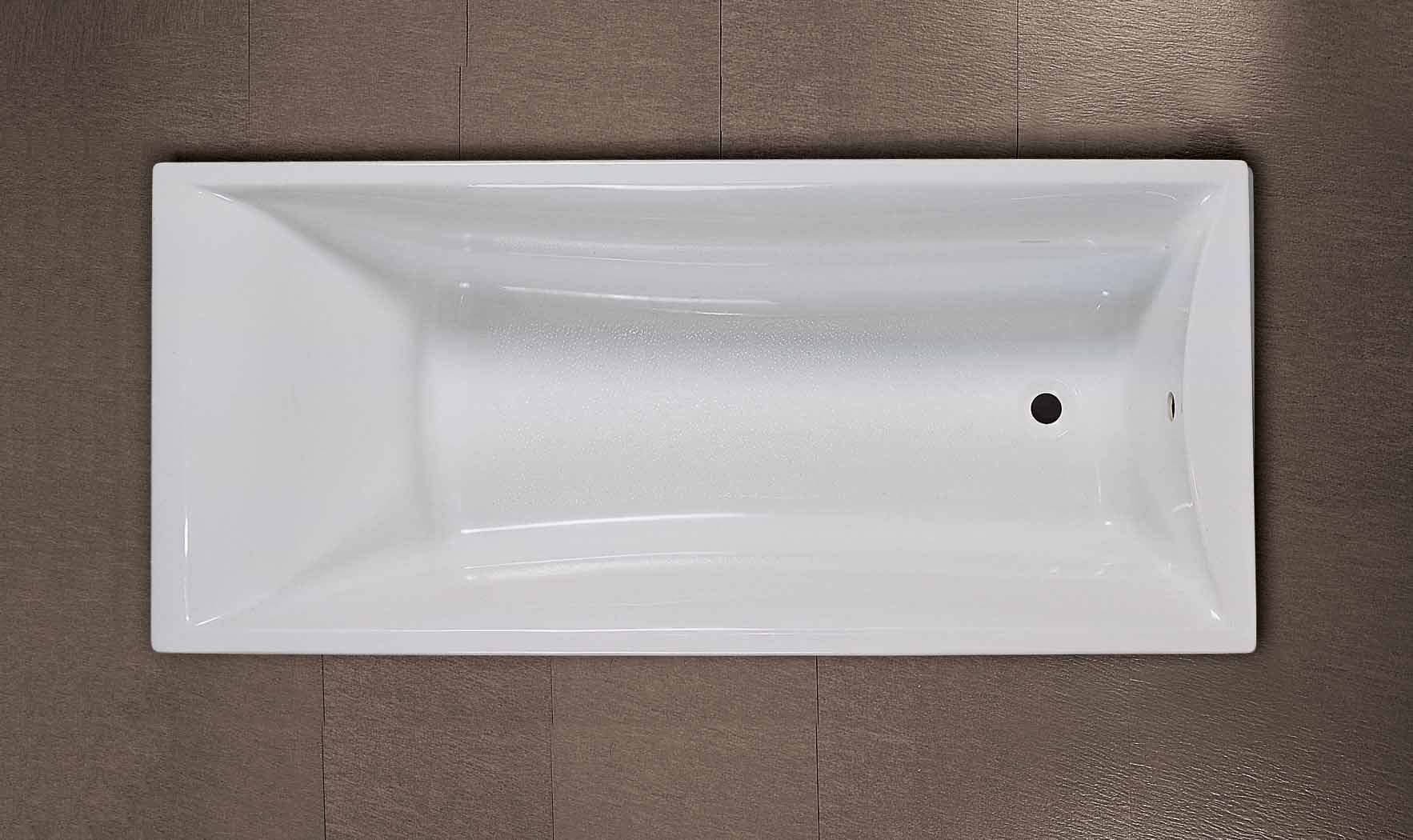

Interior Design
Common Bathtub Materials And Their Pros And Cons
Modified: April 22, 2024
Looking for the perfect bathtub material for your interior design? Discover the pros and cons of common bathtub materials to make an informed choice.
(Many of the links in this article redirect to a specific reviewed product. Your purchase of these products through affiliate links helps to generate commission for Storables.com, at no extra cost. Learn more)
Introduction
When it comes to designing or renovating a bathroom, choosing the right bathtub material is crucial. The material not only affects the aesthetic appeal of the bathroom but also determines the durability, maintenance, and overall comfort of the bathtub. With a wide range of options available in the market, it can be overwhelming to make a decision.
In this article, we will discuss the pros and cons of common bathtub materials to help you make an informed choice. Whether you prioritize affordability, durability, ease of maintenance, or a luxurious look, we’ve got you covered.
Let’s dive in and explore the various options available:
Key Takeaways:
- Choose a bathtub material that aligns with your budget, maintenance preferences, and desired aesthetic. Consider factors like durability, heat retention, and ease of cleaning to make an informed decision.
- While acrylic and fiberglass offer affordability and variety, materials like cast iron, copper, and stone provide durability, heat retention, and unique aesthetics. Balance your preferences with the pros and cons of each material to find the perfect bathtub for your bathroom.
Read more: 11 Common Types Of Bathtub: Pros And Cons
Acrylic
Acrylic tubs are one of the most popular choices for modern bathrooms. They are made from a lightweight and durable material called acrylic resin, which is reinforced with fiberglass for added strength. Here are the main pros and cons of acrylic bathtubs:
Pros of Acrylic:
- Wide Variety of Styles: Acrylic tubs come in a wide range of shapes, sizes, and colors, allowing you to find the perfect fit for your bathroom design.
- Lightweight: Acrylic tubs are much lighter than other materials, making them easier to install and handle during the renovation process.
- Good Insulation: Acrylic retains heat well, providing a comfortable and long-lasting soak.
- Easy to Clean: The non-porous surface of acrylic tubs resists staining and makes cleaning a breeze. A simple wipe down with a mild cleaner is usually sufficient.
- Affordable: Acrylic tubs are generally more budget-friendly compared to other materials, making them a popular choice for those on a tight budget.
Cons of Acrylic:
- Prone to Scratches: Acrylic can be susceptible to scratches and surface damage if not properly maintained. Avoid abrasive cleaners or harsh scrubbing to preserve its appearance.
- Less Durable: While acrylic is durable, it may not withstand the same level of impact as other materials like cast iron.
- Fading: Over time, exposure to sunlight can cause the color of acrylic tubs to fade. To prevent this, it’s recommended to keep them away from direct sunlight.
- Potential for Warping: Excess heat or improper installation can lead to warping or distortion of the acrylic material, affecting the tub’s overall performance.
Overall, acrylic tubs offer a wide range of styles and affordability, making them a popular choice for many homeowners. However, if durability and resistance to scratches are your top priorities, you may want to consider alternative materials.
Fiberglass
Fiberglass is another common material used in the construction of bathtubs. It is made by layering polyester resin and fiberglass reinforcement. Here are the main pros and cons of fiberglass bathtubs:
Pros of Fiberglass:
- Affordability: Fiberglass tubs are generally more affordable compared to other materials, making them a popular choice for budget-conscious homeowners.
- Lightweight: Similar to acrylic, fiberglass tubs are lightweight and easy to install, especially for DIY projects.
- Good Insulation: Fiberglass retains heat well, providing you with a comfortable and relaxing bathing experience.
- Resistant to Stains and Scratches: Fiberglass has a smooth and non-porous surface, making it resistant to stains and scratches. It is relatively easy to clean and maintain.
- Customizable: Fiberglass tubs can be customized with various colors and finishes, allowing you to achieve your desired aesthetic.
Cons of Fiberglass:
- Less Durable: While fiberglass is durable, it is not as strong as materials like cast iron and may be prone to cracking or damage if not handled properly.
- Flexibility: Fiberglass tubs can flex or bend under heavy weight or pressure, which may lead to long-term structural issues.
- Potential for Fading: Exposure to sunlight can cause the color of fiberglass tubs to fade over time. It is important to protect the tub from direct sunlight.
- Limited Lifespan: Fiberglass tubs may have a shorter lifespan compared to other materials and may need to be replaced after several years of use.
Overall, fiberglass tubs provide an affordable and customizable option for homeowners. However, if you are looking for a more durable and long-lasting bathtub, you may want to consider other materials.
Cast Iron
Cast iron bathtubs have a timeless appeal and are known for their sturdiness and classic look. They are made by pouring molten iron into a mold. Here are the main pros and cons of cast iron bathtubs:
Pros of Cast Iron:
- Durability: Cast iron tubs are extremely durable and can withstand heavy use without showing signs of wear and tear. They are built to last for decades.
- Heat Retention: Cast iron is an excellent heat conductor, which means that the water in the tub stays warm for a longer period, providing you with a luxurious bathing experience.
- Aesthetic Appeal: Cast iron bathtubs have a classic and elegant look that adds a touch of sophistication to any bathroom design. They are available in a variety of shapes and styles.
- Solid Feel: Cast iron tubs have a substantial weight and give a sense of solidity and stability.
- Resistant to Scratches: The enamel finish on cast iron tubs makes them highly resistant to scratches, stains, and damage. They are relatively easy to clean and maintain.
Cons of Cast Iron:
- Heavy Weight: Cast iron tubs are quite heavy, which can make installation more difficult and may require additional structural support.
- Expensive: Cast iron bathtubs tend to be more expensive compared to other materials. They are considered a higher-end option.
- Maintenance: While cast iron tubs are durable, the enamel coating may chip or crack over time. Regular maintenance, such as avoiding abrasive cleaners, is important to preserve the tub’s appearance.
- Susceptible to Rust: If the enamel on a cast iron tub is damaged, it can expose the iron underneath, leading to rust formation. Proper maintenance is essential to prevent rusting.
Despite their weight and higher cost, cast iron tubs are favored by those who appreciate their durability, timeless design, and excellent heat retention. If you are looking for a tub that can withstand the test of time and don’t mind the additional maintenance, cast iron is a great choice.
When choosing a bathtub material, consider the pros and cons of each option. Acrylic is lightweight and affordable, but can scratch easily. Cast iron is durable and retains heat well, but is heavy and expensive. Fiberglass is budget-friendly but can be prone to cracking. Evaluate your priorities to make the best choice for your needs.
Porcelain-Enameled Steel
Porcelain-enameled steel bathtubs are made from a steel base coated with a layer of porcelain enamel. This combination offers a balance between affordability and durability. Let’s explore the pros and cons of porcelain-enameled steel tubs:
Pros of Porcelain-Enameled Steel:
- Affordability: Porcelain-enameled steel tubs are generally more affordable compared to cast iron or acrylic options, making them a popular choice for budget-conscious homeowners.
- Durability: The porcelain enamel coating provides a sturdy and durable surface that withstands chips, scratches, and stains over time.
- Easy to Clean: Porcelain-enameled steel tubs have a smooth and non-porous surface, making them easy to clean and maintain. They are resistant to mold and mildew buildup.
- Heat Retention: Steel tubs retain heat well, providing a warm and comfortable bathing experience.
- Wide Variety: There is a wide range of shapes, sizes, and styles available in the market, allowing you to find the perfect fit for your bathroom design.
Cons of Porcelain-Enameled Steel:
- Potential for Chipping: Although the enamel coating is strong, it can chip or crack if the tub is subjected to heavy impact or if sharp objects are dropped on its surface.
- Noisy: Unlike other materials, steel tubs are known to be noisier when filled with water. This can be a consideration for those seeking a quieter bathing experience.
- Not as Insulating: Steel tubs may not retain heat as well as materials like cast iron or acrylic. Using bath mats or insulating blankets can help to improve heat retention.
- Susceptible to Rust: If the enamel coating is chipped or damaged, the underlying steel can be exposed to moisture, leading to rust formation. Regular maintenance is essential to prevent this.
Porcelain-enameled steel tubs offer an affordable and durable option for those who want a balance between cost and quality. With proper care and maintenance, they can provide years of comfortable bathing experiences.
Read more: What Are The Pros And Cons Of Zoysia Grass
Copper
Copper bathtubs are a luxurious and eye-catching option for those looking to make a bold statement in their bathroom. These tubs are crafted from solid copper sheets, offering both durability and a unique aesthetic. Let’s explore the pros and cons of copper bathtubs:
Pros of Copper:
- Stunning Appearance: Copper tubs exude a warm and rich beauty that instantly elevates the look of any bathroom. Their unique and elegant design makes them a focal point in the space.
- Durability: Copper is a highly durable material that can withstand the test of time. Properly cared for, a copper bathtub can last for generations.
- Heat Retention: Copper has excellent heat retention properties, meaning it can keep your bathwater warm for longer periods, creating a luxurious and relaxing bathing experience.
- Natural Antibacterial Properties: Copper has inherent antibacterial properties that help in keeping your bathtub clean and free from germs. It is effective in killing various types of bacteria and fungus.
Cons of Copper:
- Expensive: Copper bathtubs tend to be quite expensive compared to other materials. The cost is attributed to the high-quality and craftsmanship required to create these luxurious pieces.
- Maintenance: Copper requires regular maintenance to preserve its appearance. It can develop a natural patina over time, which some people may find desirable. However, if you prefer to maintain the original shine, you will need to clean and polish it regularly.
- Sensitivity to Hard Water and Acidic Cleaners: Copper is sensitive to hard water and acidic cleaning agents, which can cause discoloration or damage to the surface. It is important to use gentle cleaners specifically designed for copper.
- Weight: Copper is a heavy material, which may require additional structural reinforcement during installation. It is essential to ensure that the bathroom floor can support the weight of the bathtub.
Copper bathtubs are a luxurious investment that adds a touch of elegance and sophistication to any bathroom. If you have the budget and are willing to put in the effort for maintenance, a copper bathtub can become a stunning centerpiece that will be cherished for years to come.
Stone
Stone bathtubs offer a truly unique and natural element to your bathroom. Crafted from a variety of stone materials such as marble, granite, or limestone, these bathtubs provide a luxurious and rustic feel. Let’s explore the pros and cons of stone bathtubs:
Pros of Stone:
- Elegant and Natural Beauty: Stone bathtubs have a timeless and luxurious appearance. The natural patterns and colors of the stone add a unique and earthy ambiance to your bathroom.
- Durability: Stone is an incredibly durable material, known for its long lifespan. Stone bathtubs can withstand heavy use and are resistant to chips and scratches.
- Heat Retention: Stone has excellent heat retention properties, allowing the bathtub to maintain the water temperature for a longer period and providing you with a soothing and relaxing bathing experience.
- Customizable: Stone bathtubs can be customized to fit your specific design preferences. They can be crafted in various shapes and sizes to suit your bathroom layout.
- Low Maintenance: Stone is relatively low maintenance compared to other materials. Regular cleaning with mild soap and water is usually sufficient to keep the bathtub looking beautiful.
Cons of Stone:
- Expensive: Stone bathtubs tend to be more expensive compared to other materials due to the high cost of sourcing and crafting natural stone. They are considered a luxury option.
- Heavy Weight: Stone is a heavy material, which may require additional structural reinforcement during installation. It is crucial to ensure that the bathroom floor can support the weight of the bathtub.
- Porous Surface: Depending on the type of stone, some bathtubs may have a porous surface that can absorb liquids or stains. Proper sealing is necessary to prevent discoloration or damage.
- Potential for Chipping: While stone is durable, it can still be susceptible to chips or cracks if subjected to heavy impact or dropped objects. Careful handling is essential to maintain its integrity.
- Long Heating Time: Due to the density of stone, it may take longer to heat the water in a stone bathtub compared to other materials. Consider using a high-quality heating system to minimize this issue.
A stone bathtub is a luxurious statement piece that brings nature’s beauty into your bathroom. If you have the budget and appreciate the unique qualities of natural stone, a stone bathtub can be a stunning addition that creates a spa-like atmosphere in your home.
Conclusion
Choosing the right bathtub material is an important decision when designing or renovating your bathroom. Each material has its own set of pros and cons that should be carefully considered based on your budget, desired aesthetic, and maintenance preferences.
Acrylic bathtubs offer a wide variety of styles and affordability, but they may be prone to scratches and fading over time. Fiberglass tubs are lightweight and affordable, but they may lack the durability and insulating properties of other materials.
Cast iron bathtubs are known for their durability and heat retention but come with a higher price tag and require proper maintenance to prevent rusting. Porcelain-enameled steel tubs provide an affordable option, but they can chip and may not retain heat as well as other materials
Copper and stone bathtubs offer a luxurious and unique aesthetic, with excellent heat retention properties. However, they are more expensive and require proper maintenance to preserve their beauty.
Ultimately, your choice of bathtub material will depend on your personal preferences, budget, and desired level of maintenance. Consider the overall look and feel you want to achieve in your bathroom, as well as the practical aspects such as durability, heat retention, and ease of cleaning.
We hope this article has helped you understand the pros and cons of various bathtub materials, allowing you to make an informed decision that suits your needs and preferences. Remember, whichever material you choose, a well-chosen bathtub will serve as a relaxing and beautiful centerpiece in your bathroom for years to come.
Frequently Asked Questions about Common Bathtub Materials And Their Pros And Cons
Was this page helpful?
At Storables.com, we guarantee accurate and reliable information. Our content, validated by Expert Board Contributors, is crafted following stringent Editorial Policies. We're committed to providing you with well-researched, expert-backed insights for all your informational needs.


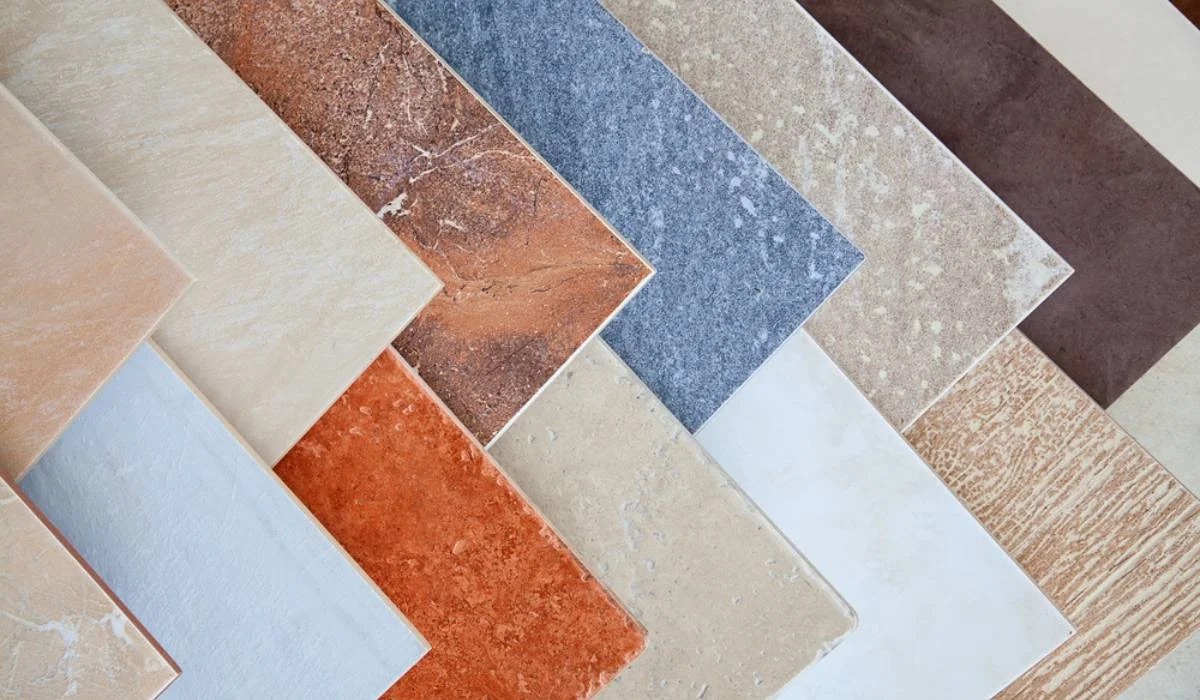


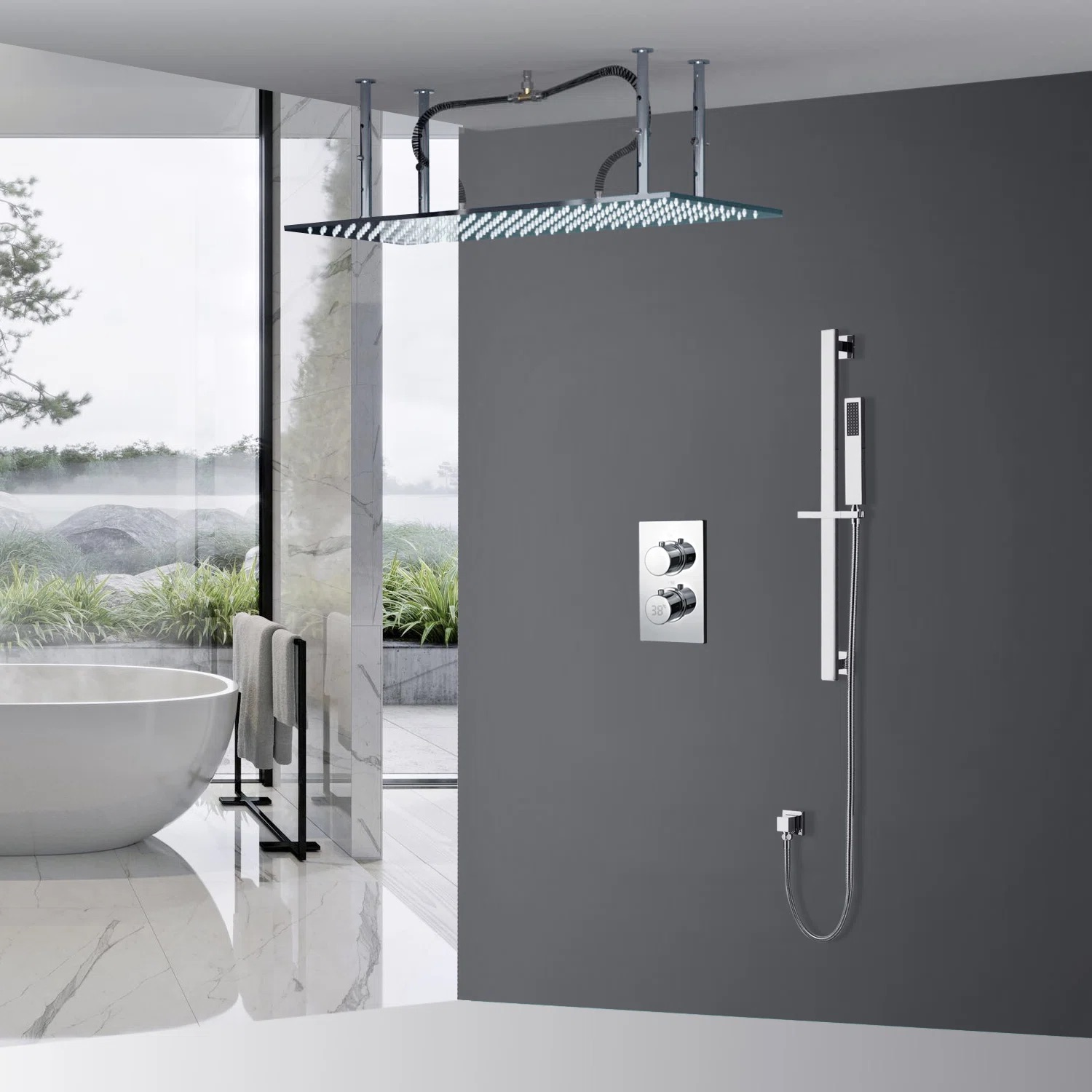



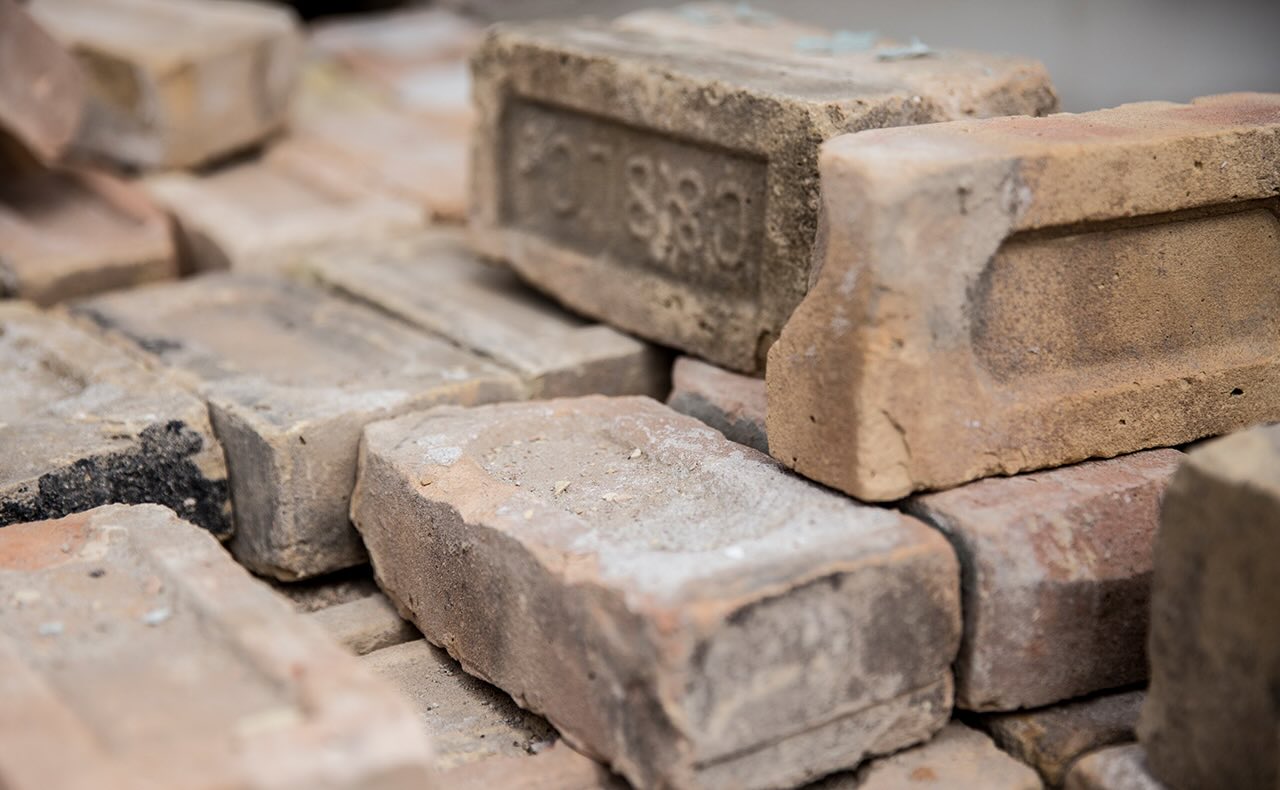

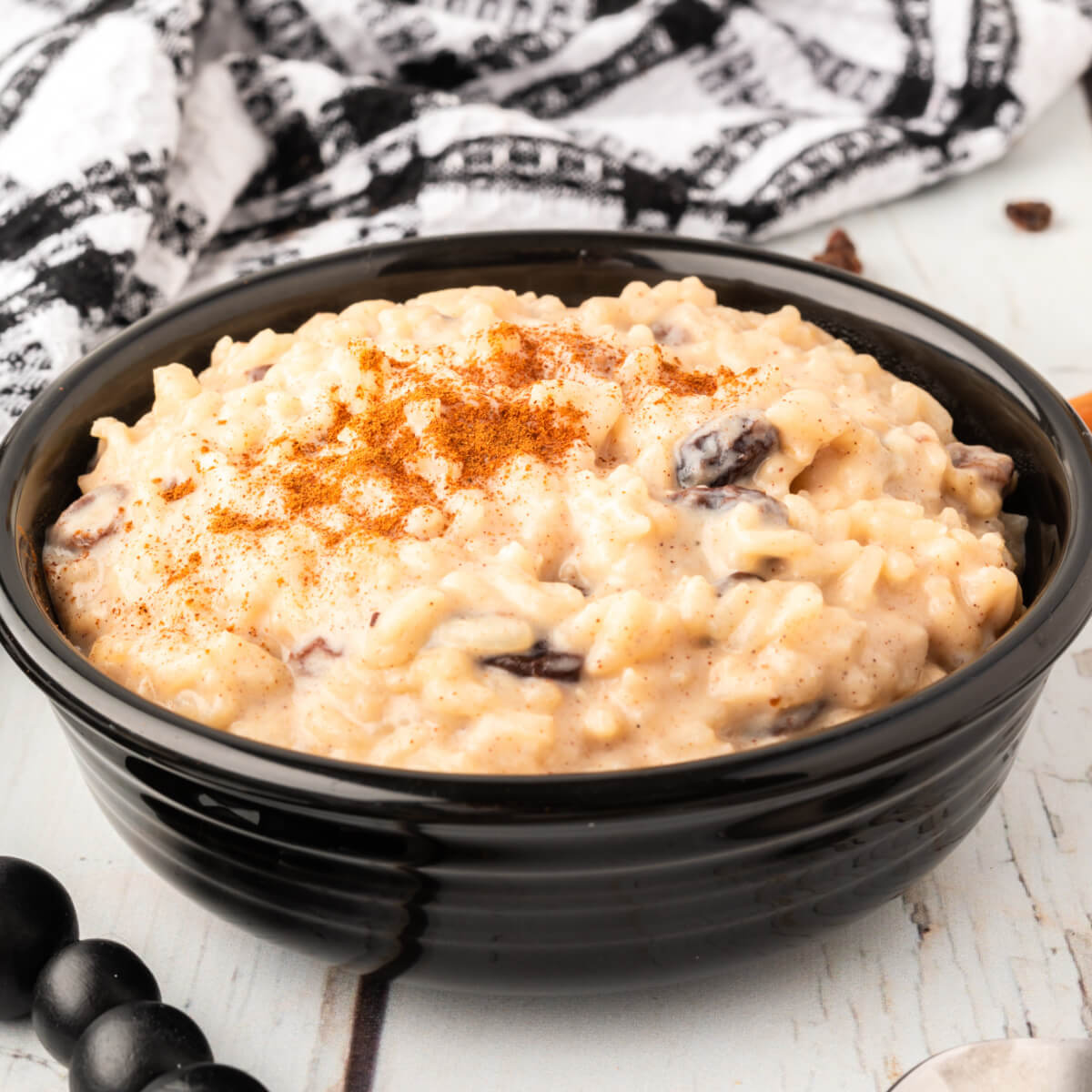
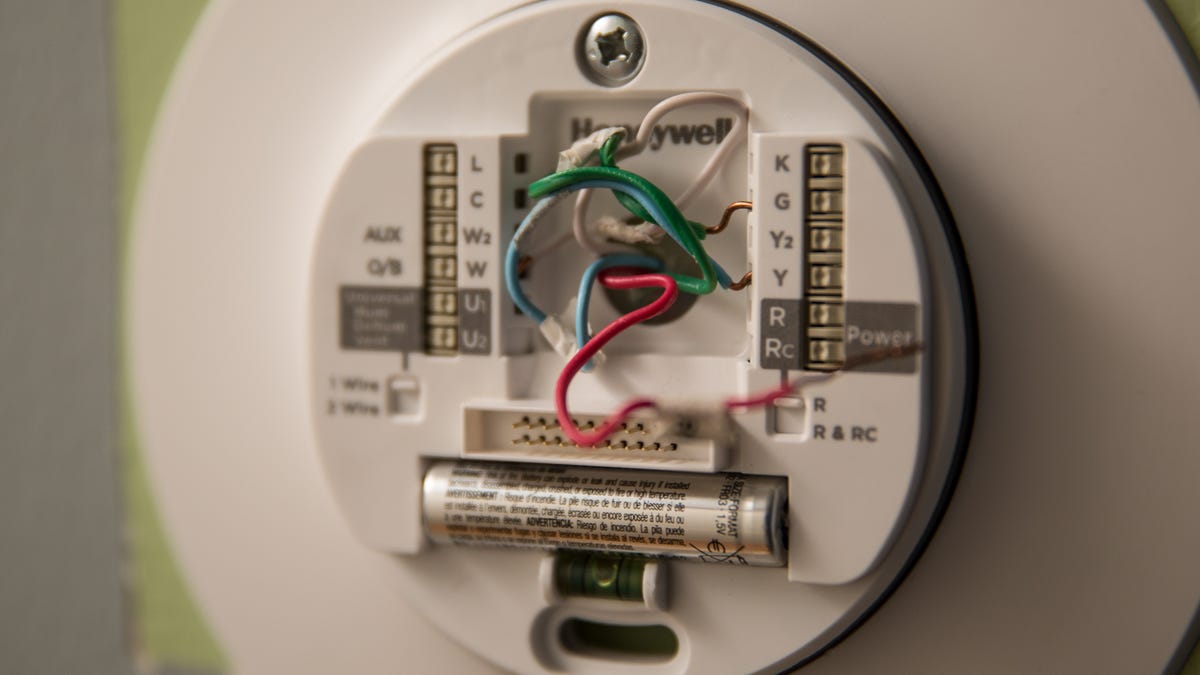


0 thoughts on “Common Bathtub Materials And Their Pros And Cons”